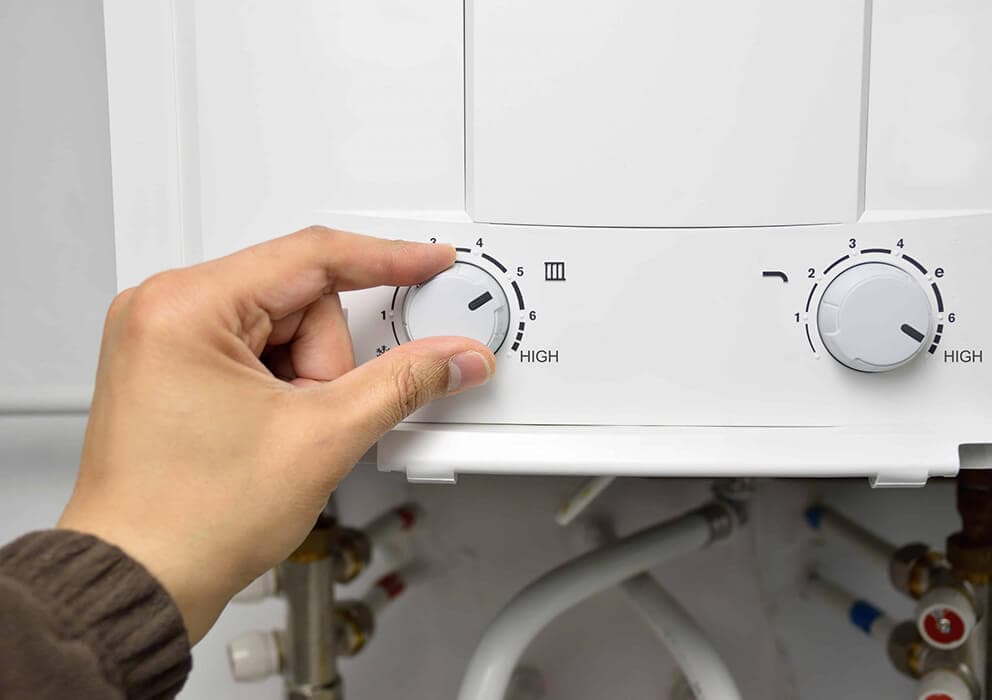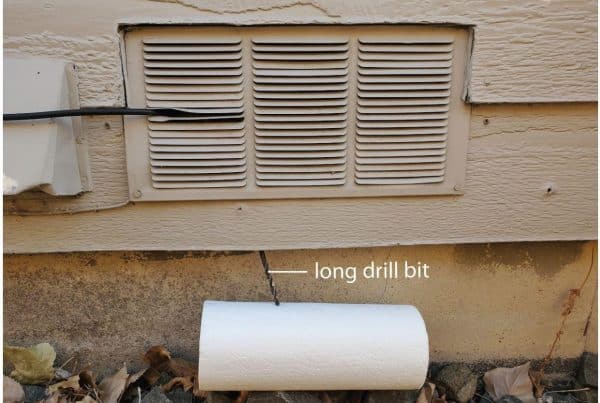Caring for your boiler before winter sets in is crucial to ensure a warm and trouble-free cold season. Here’s a comprehensive guide on how to prepare your boiler for winter.
1. Annual Service
The most important step is to schedule an annual service by a certified technician. This will ensure that your boiler is running efficiently and safely. The technician will inspect for leaks, check the flue to ensure it’s not obstructed, and clean the boiler components.
2. Check the Pressure
It’s important to check the boiler pressure regularly. The ideal pressure level is usually between 1 and 1.5 bars. If it’s too low, you’ll need to top it up. If it’s too high, you might need to bleed your radiators or consult a professional. Here’s a guide to do so.
3. Bleed the Radiators
If your radiators have cold spots, this means there’s air in the system, and they need bleeding. This is a simple process that involves releasing trapped air from radiators, allowing hot water to circulate properly.
4. Insulate Pipes
To prevent pipes from freezing, which can cause blockages or bursts, insulate them. Pipe lagging is cheap and easy to install. Pay special attention to pipes in unheated areas like garages or basements.
5. Thermostat Check
Ensure your thermostat is working correctly. A faulty thermostat can cause your boiler to work harder than necessary, increasing wear and tear.
6. Clear the Area Around the Boiler
Keep the area around your boiler clear. Clutter can restrict airflow and might pose a fire hazard.
7. Power Flushing
If your system is old or you’ve noticed it’s not heating up as well as it used to, you might need a power flush. This process clears sludge from the system, improving efficiency.
8. Check for Carbon Monoxide Leaks
Ensure you have a working carbon monoxide detector near your boiler. Carbon monoxide is a deadly gas that can leak from faulty boilers.
9. Look for Warning Signs
Keep an eye out for any warning signs that your boiler might need attention. This includes strange noises, leaks, or if it takes longer than usual for your home to heat up.
10. Insulate Your Home
Finally, insulating your home can reduce the workload on your boiler. Draft-proofing, double-glazing windows, and adding loft insulation will keep the heat in and the cold out.
Conclusion
Taking the time to prepare your boiler for winter can save you money on energy bills, extend the life of your boiler, and most importantly, keep your home safe and warm during the coldest months. Remember, when in doubt, always consult a professional.








